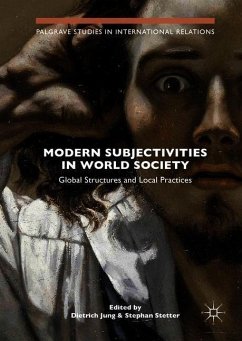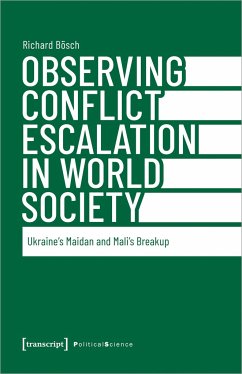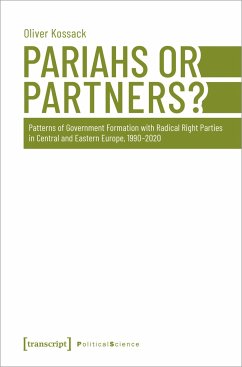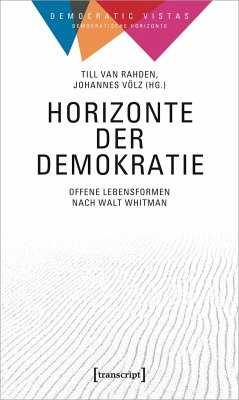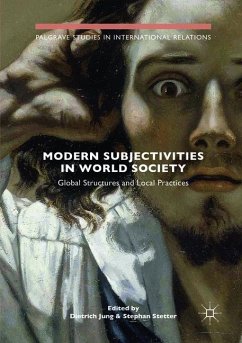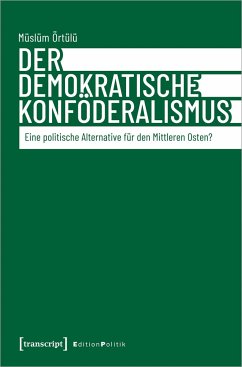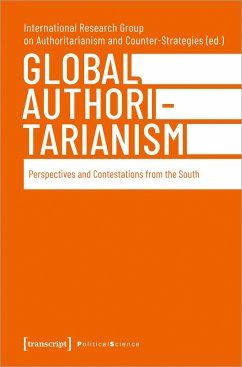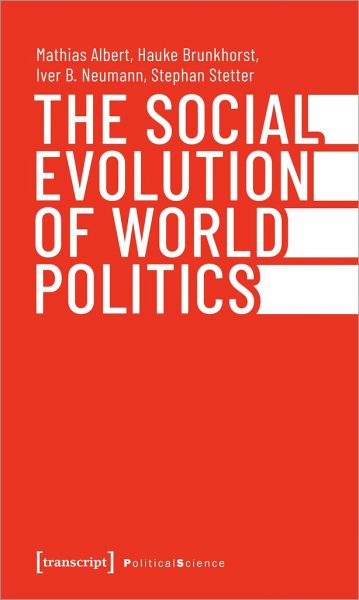
The Social Evolution of World Politics

PAYBACK Punkte
13 °P sammeln!
How can we understand long-term change in world politics better? Based on readings of thinkers as diverse as Habermas, Foucault and Luhmann, the authors of this book propose a framework for understanding such change in terms of social evolution. They show that processes of social learning and unlearning are key to understanding the long-term historical evolution of complex societies, and propose to approach these with the core concepts of autonomization, hierarchical complexity, and co-evolution. Three case studies illustrate this social evolutionary perspective to the study of world politics,...
How can we understand long-term change in world politics better? Based on readings of thinkers as diverse as Habermas, Foucault and Luhmann, the authors of this book propose a framework for understanding such change in terms of social evolution. They show that processes of social learning and unlearning are key to understanding the long-term historical evolution of complex societies, and propose to approach these with the core concepts of autonomization, hierarchical complexity, and co-evolution. Three case studies illustrate this social evolutionary perspective to the study of world politics, examining the evolution of forms of organizing political authority, of conflicts, of diplomacy, of law as boundary condition.
Dieser Artikel kann nur an eine deutsche Lieferadresse ausgeliefert werden.




